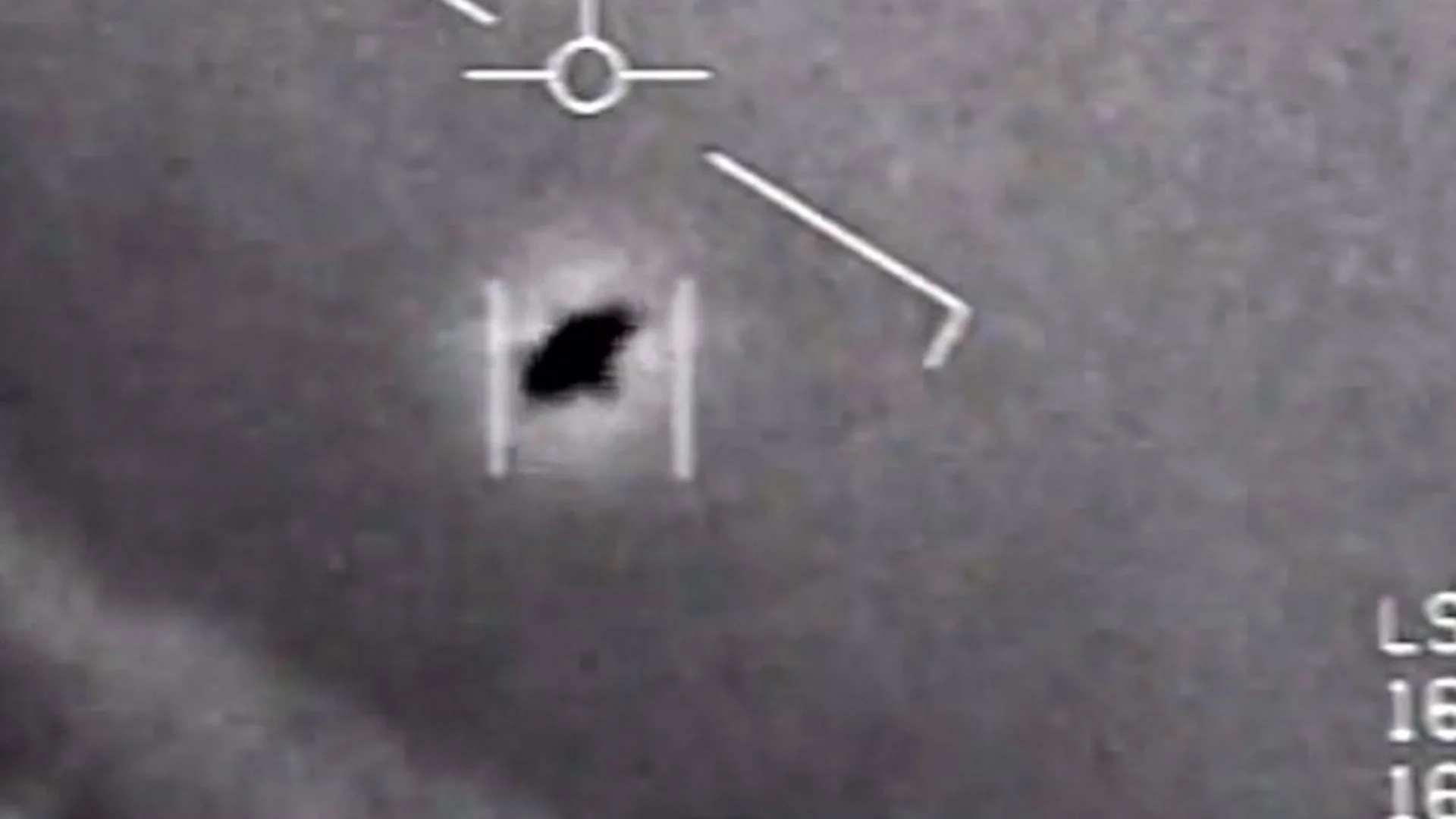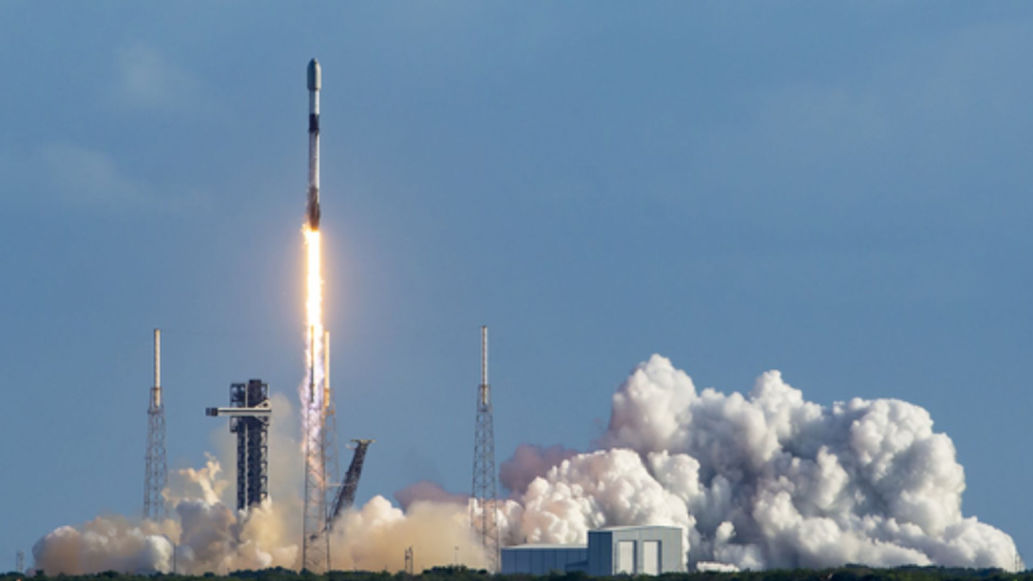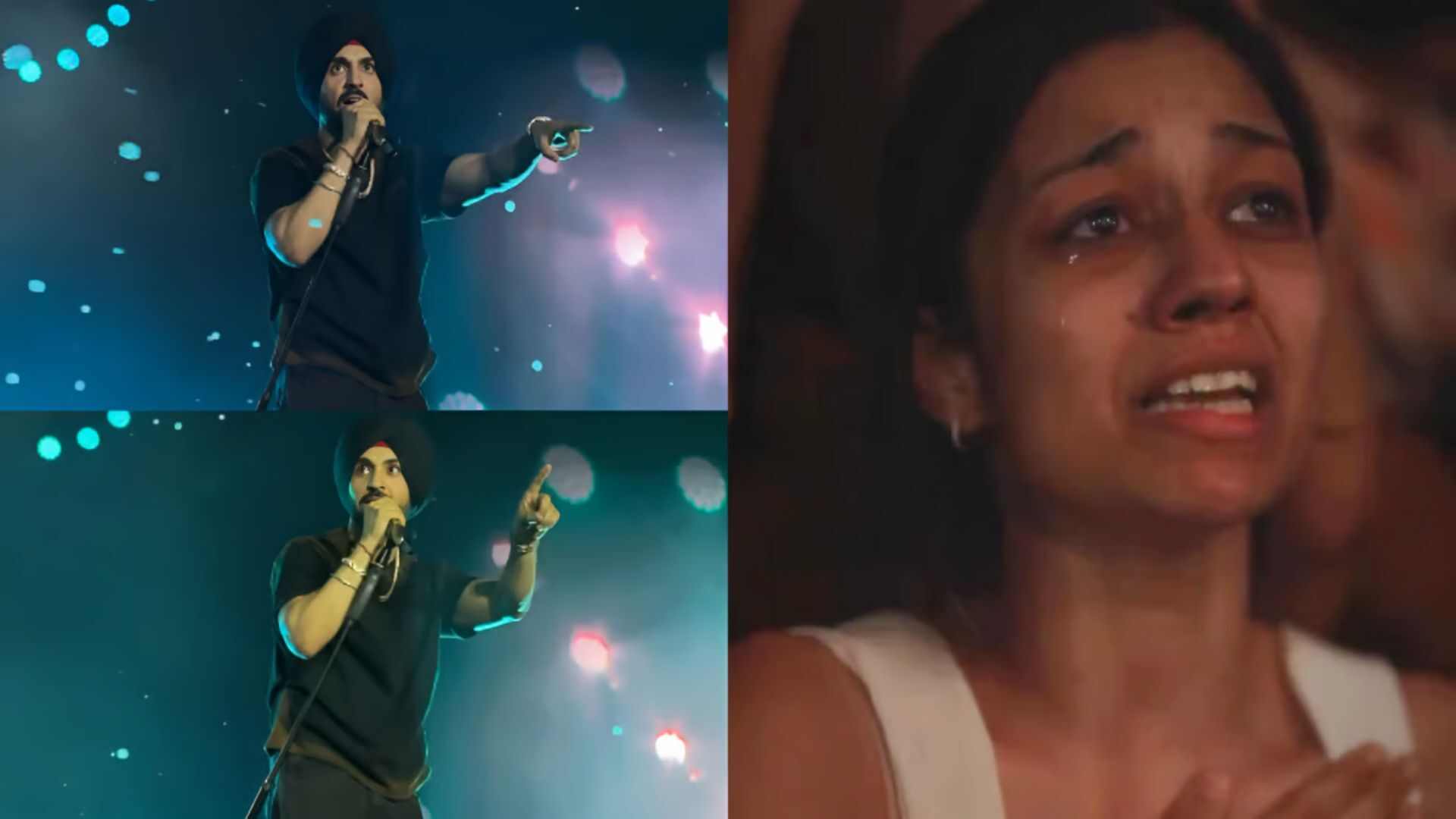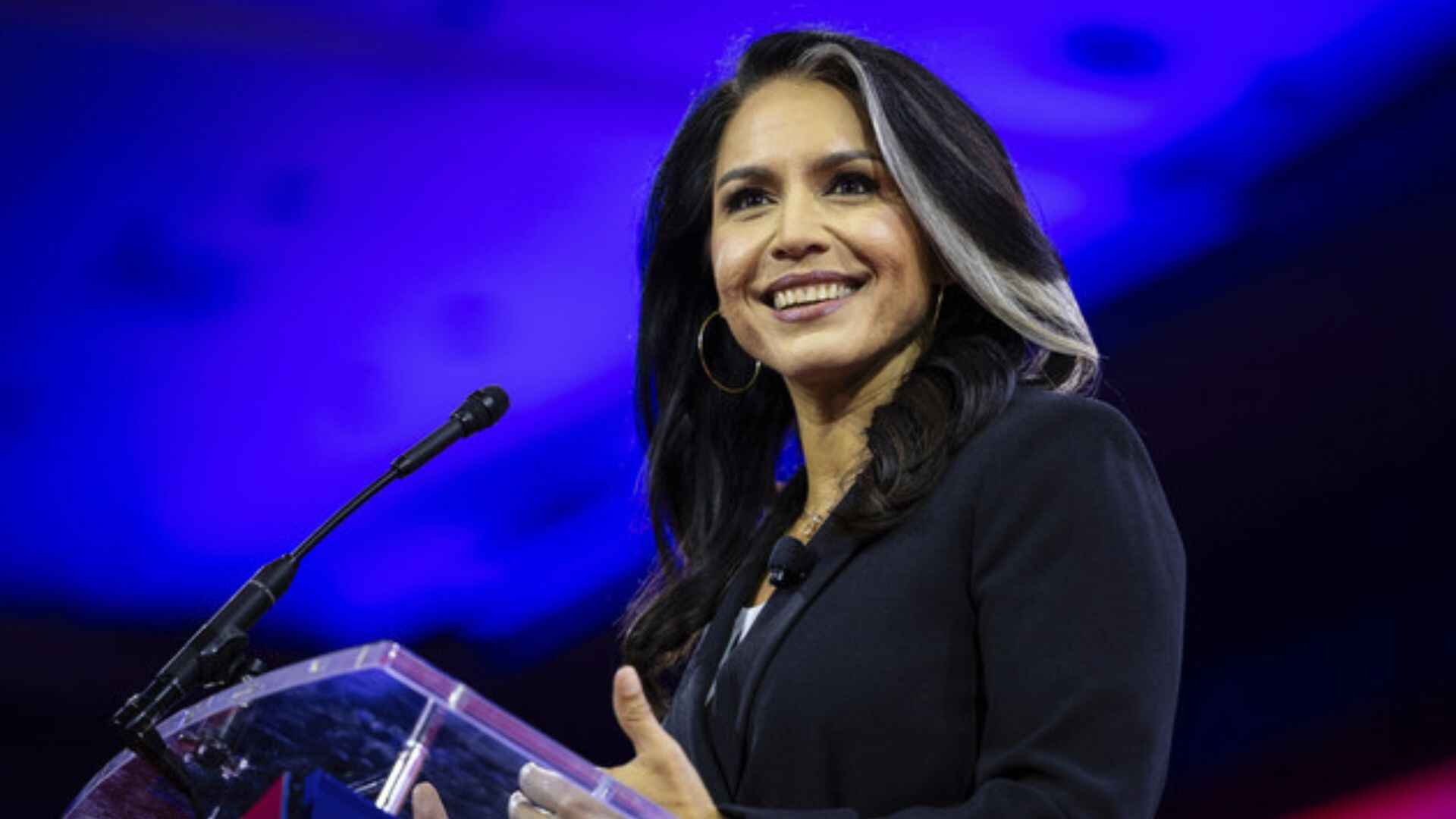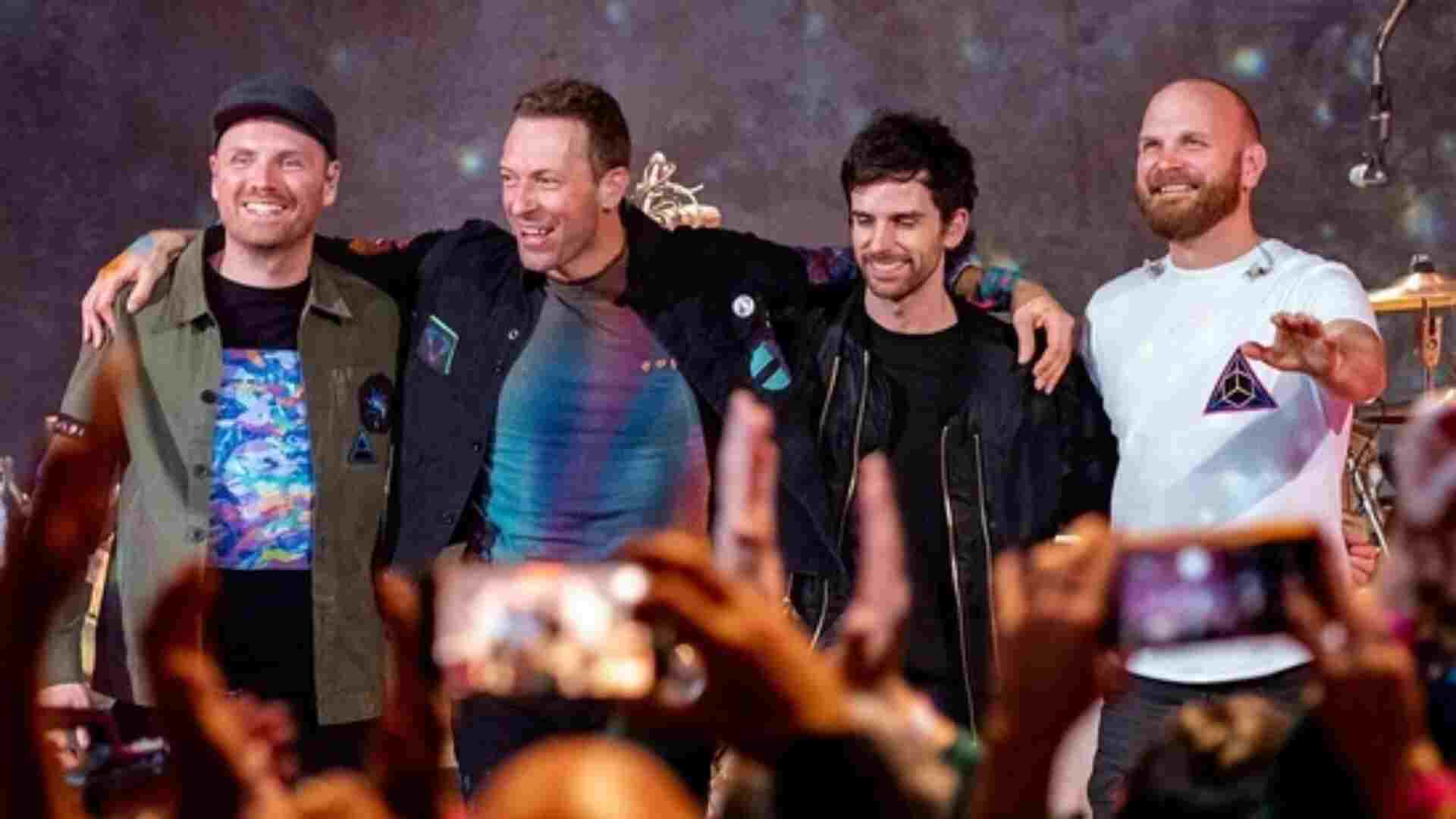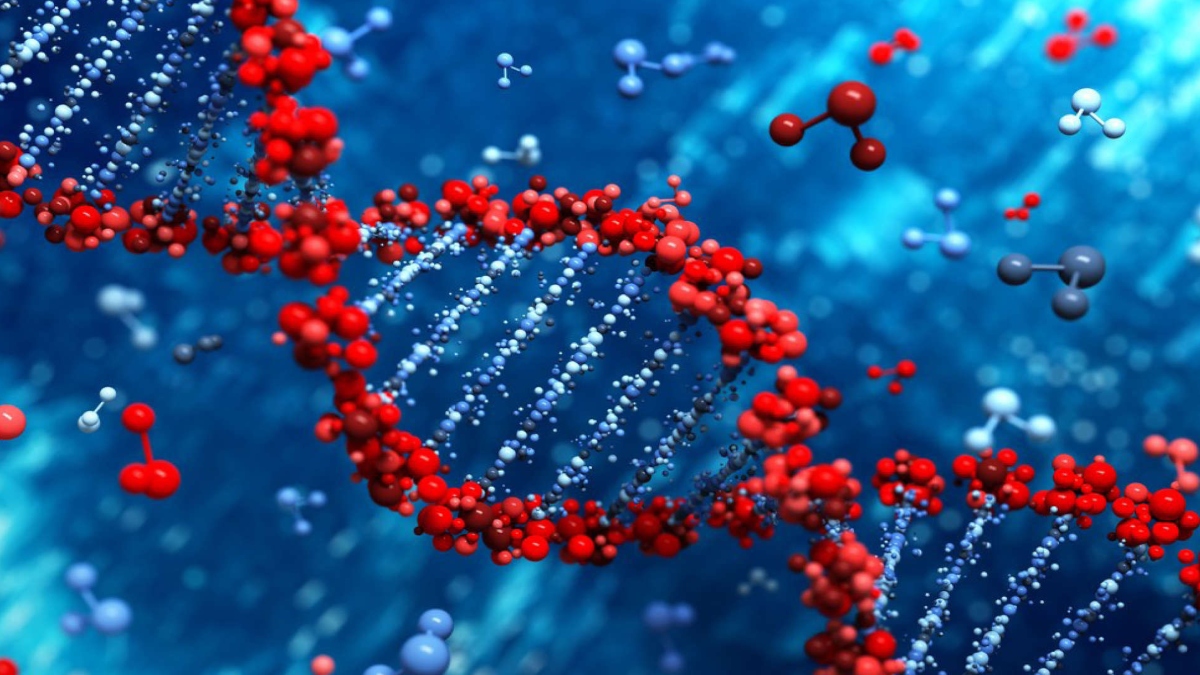
As a surgeon, I find absolute discordance between the biology of cancer and the outcomes of cancer treatments. At times, early-stage cancers go bad while advanced stages record good recovery. Although science maintains a standard staging system, it has not been able to crack the Da Vinci code of cancer. Any cell growth should ideally serve or renew a function and maintain cell integrity. When certain cells grow and spread in any part of the body without serving any need, we term it cancer. To cite a simple example, a cell growth in the eye that does not help you see better is a tumour.
Now, the most intriguing aspect about the tumor is its minute but distinct identity that shakes the entire body. Its presence is alarmingly intimidating; the PET scan may reveal its expanse as no more than 5 percent of the body, but the team of oncologists treating the patient intuitively lose sight of 95 percent of the body in the single-minded focus on the tumour. That is the level to which the tumour invites attention, bearing testimony to the menacing persona of cancer. Given such a powerful identity, the tumor must have an ego of its own as a diminutive terror force keen to assume control of the entire system.
That’s precisely why as a surgeon, first and foremost, I acknowledge the ego of the tumour, nay respect it. This accommodating stance is a key aspect of my communication with anyone I don’t agree with or one who is reckless in nature and doesn’t believe in discipline. I imagine myself to be a schoolmaster trying to impart discipline to a notorious child in a non-threatening manner, not enforcing it in a way that will only invoke resistance and reluctance from the other end.
So, the first step to address the tumour’s ego is to acknowledge it as a potent force with philosophy and perspective of its own. This acknowledgement is must, irrespective of the size and location of the tumour as it tries to decode the message that the tumour conveys to the body about its intended growth rooted in non-essentiality of meaning, bypassing the body’s immune system. The fundamental question that demands a credible answer is, what the ego of the tumour is all about and why would the tumour want to invade the body. In what is an obvious surmise, we tend to equate the tumour’s ego with its location like the liver’s ego or the throat’s ego, thereby making it seem like a galaxy of sub egos linked to different sub-specialties. This is akin to an organization where different departments have egos of their own, often at loggerheads with each other.
As we address the tumor ego through the collaborative effort of the medical, radiation, and surgical oncology teams as also the immunotherapy initiative, we sense that the cancer treatment philosophy is gradually moving from fighting and killing cancer to healing it. Since we must deal with the tumour’s ego, we need to look at the best way to do deal with it such that we satisfy the ego. This is where Angiogenesis founder Judah Folkman’s philosophy comes into play where we explore if it is possible to reduce cancer to the level of chronic disease, such that we co-exist with cancer like how we do with diabetes, hypertension, and asthma. This effort is about seeking an equilibrium where conflicting egos don’t clash with each other but co-exist in harmony.
Now we come to the fundamental question science is still struggling to answer. Why can’t the immune system detect its own cancer and mount response in its defense, as it does against viral and bacterial attacks? Tumour’s ego is part and parcel of one’s universal ego, it is like your alter ego, your own cells growing at a rapid pace and kind of revolting against you and thereby hurting your ego and getting you fearful, worried, and anxious about your identity, future, and life.
Coming back to my approach as a surgeon, I essentially become a diplomat to negotiate on friendly terms, not a warrior driven by a military mission of destroying the tumour. This is like saying, “Look, I know there are differences, and I am here to resolve them.” What follows is a dialogue, not a monologue that seeks to understand the tumour’s side of the story: why did it arise in the first place? The root cause could be habits like smoking or alcohol, environmental issues or psychological problems arising out of martial conflicts, failures, insecurities, and the like.
My exploration seeks to probe deeper. I don’t merely ask ‘did you smoke?” I also ask, ‘Why did you smoke?’ or “What factors pushed you towards becoming overindulgent” I intend to look for the triggers that caused this cascade of direction that ended up inviting certain carcinogens that led to the tumour’s birth and progression.
I am a firm believer in the premise that a tumour selects its own oncologist for the ‘conversation’. If the patient is in sync with the tumour’s thought process, there is a better chance that it will lead the patient to a place with the best chances of healing which may not necessarily mean cure. So, acceptance of the situation should necessarily precede the setting of expectations in terms of treatment outcomes. This paves the way for a good conversation that strikes an equilibrium between all egos– that of the tumour, the patient, and the treating oncologist– which in turn creates a conducive environment to promote and expedite the healing process.
The reorientation and realignment of the environmental factors surrounding the treatment may take any form: chemotherapy may have been planned but at the last moment, surgery is advised. Surgery may have been identified as the best option, but midway radiation is opted for. The time of surgery may be preponed or postponed, or the doctor may get replaced at the eleventh hour, and so on. The forms may differ, but the purpose is one: to heal the tumour at the most opportune time and in the best possible manner.
Now, when the surgeon resects the tumour, a part of the surgeon’s as also the patient’s ego is removed with it. This is the beauty of equilibrium, a conducive environment for love and healing which is rooted in higher-order spiritualism and identifying the eye with the small I, not the big I am representing pride and hubris. This is precisely why we see that many surgeons become a little humbler after each surgery that further enhances the healing power and process of future patients. This humility is integral to a surgeon’s fulfillment as often success is equated with numbers. The more surgeries a surgeon performs, the more boisterous he tends to become, under the growing illusion that the tumour is now under his or her control. Given that attitude, the tumour ego hits back and throws a challenge in elusive ways.
Going deeper into tumour egos, we come to the question that invariably bothers many patients – why should this happen to me? Why me? Many cancer patients have no bad habits; they don’t drink, they don’t smoke, they exercise regularly, and they have healthy food habits, or they are spiritual and harm no one, then why does cancer strike them like a bolt from the blue.
Sometime back, a politician passed an unfortunate remark, in the context of little children getting cancer, that it is the outcome of their bad karma. Naturally, many people were hurt as their little angels were struggling with cancer at a tender age for no fault of theirs. Such mindless remarks seriously impact society and make the curative process even more difficult.
So why and how cancer takes root in the unlikeliest of bodies? Is karma itself a carcinogen? If the politician were right, karma should be a carcinogen that produces cancer. If you put forth this question to me, then as a surgical oncologist, my answer would be a resounding no. Karma is not a carcinogen, but collective karmas can sometimes develop into carcinogens. The universe is filled with love and healing prowess but the ill effects of the wrongdoings of a few are sometimes absorbed by good souls to protect the world’s nobility and virtuousness. Indian mythology is replete with life stories of great saints taking up cancer on behalf of their devotees, thereby using their healing powers to absolve others from disease and misery. That is how the phenomenon of catharsis happens, it need not be your own, it can be on behalf of others. Who knows, little children may be absorbing the bad karma of others into their bodies to protect the environment from various carcinogens like environmental pollution and radiation, rampant industrialization, the greed of vulture capitalism. The law of Karma in Newtonian in essence: for every action, there is an equal and opposite reaction, just that reaction here is re-action (not reaction) by a few among the 90 percent of good souls who absorb the negativity being spread by the 10 percent of suspect souls. This way, the world keeps on healing itself.
The Karmic carcinogens that we are inducing into the environment today have emanated from the materialistic and short-sighted philosophy of ‘unlimited, more, and instant’. We seek instant success, instant love, instant marriage, and instant divorce along with instant coffee and pizza led by the lure of “buy one, get three free” advertisements. We are craving for an unlimited buffet when our bodies’ needs are essentially limited. Thus, we collectively create the mindset of the cancer ego or the tumour ego that we discussed above.
Views expressed are the writer’s personal.
